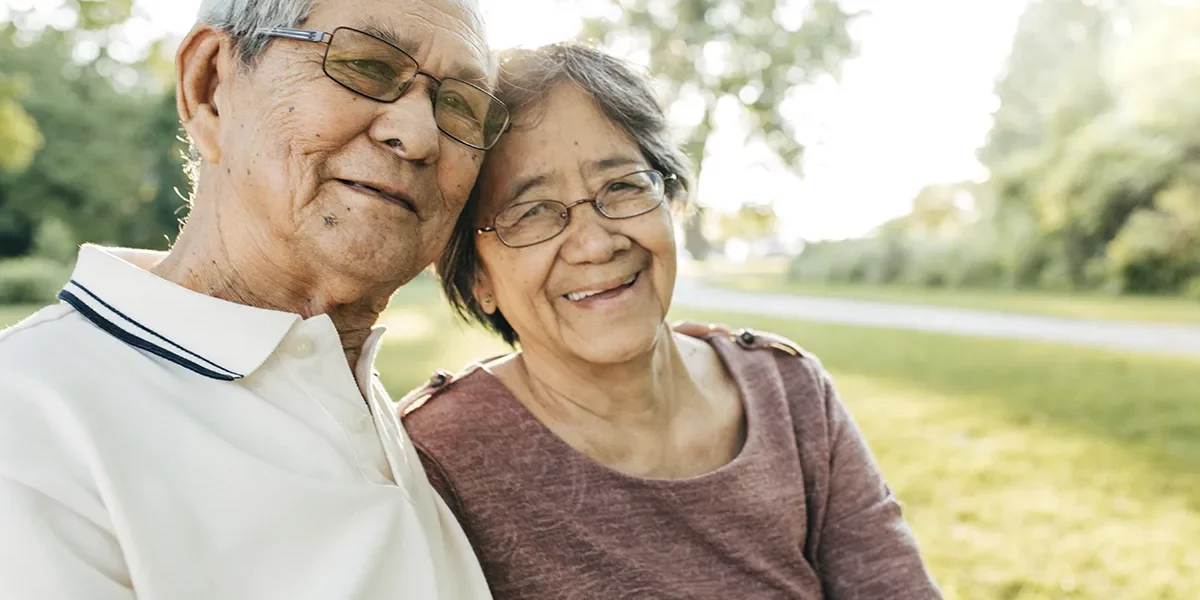It is more important than ever for people to consider what matters to them at the end of life, to discuss their wishes with those closest to them. Although 92% of us think it is important to discuss and document our wishes, only 32% have had such a conversation, and even less have documented our wishes.
Advance healthcare decision-making includes much more than living wills. It is a process that focuses first on the conversation. Whether you’re a healthy young adult, a mature but not yet old adult, or an elderly but functional adult, you may be wondering where to begin. You can start by thinking, “what would I want?” and then start talking! Have a conversation with those closest to you-in your home or any other comfortable setting. These conversations can be difficult, but they can save considerable heartache, stress, and guilt for loved ones if the unexpected happens. Take time to consider what matters most to you. Do it for those you love and who love you. Formally documenting your wishes does not mean you cannot change your mind-and your plan.
My mother-in-law died several years ago. Her passing was peaceful in a place where she was comfortable. Her children, grandchildren, great grandchildren, and nieces were able to celebrate her life together. This was possible because of the conversation started years before on her daughter’s front porch. Unfortunately, her son died a few months ago. He never did have any conversations with his wife, children or providers. His providers had told him that he had end stage renal failure and offered dialysis, which he refused. He did not share this information with his family. He died at home-his wife called 911 and they performed CPR. She was panic stricken and had no idea what to do next. In addition, the trauma of witnessing his unsuccessful resuscitation has left her with scars that will take a long time to heal. His brother and sister are seeking professional help to aid in coming to terms with his death and their guilt in not knowing. It will take a long time and professional guidance for his family to work through their grief.
Although most of us may agree on or understand the importance of having these conversations, why aren’t we having them? What’s holding us back?
There is an interesting explanation revealed by “The Conversation Project” study. “The Conversation Project” is a public engagement initiative founded by Pulitzer Price winning writer Ellen Goodman. The project, in collaboration with the Institute for Healthcare Improvement, conducted a national survey of over 1000 Americans 18 and over. Survey responses revealed that most people think that it’s too soon to have these conversations.
It’s always too soon….until it’s too late…
So. How to start these very difficult, but necessary conversations? Most of us feel discussions pertaining to End Of Life or death/dying will upset our loved ones – or make them anxious – when the truth of the matter is, most people are relieved to have their family start the discussion.
First – ask yourself – do YOU have your own advance directives complete? Have you appointed a HCP? Do your loved ones know your wishes? And if not — why not? It can be difficult to have this conversation with others if we haven’t done so ourselves. If your advance directives are completed – congratulations! Using this as a springboard by discussing your own wishes can be a great way to start the conversation with others:
“I know this can seem like an unpleasant or uncomfortable topic, but I would like you to know what my wishes are in the event I cannot speak for myself….”
By acknowledging that talking about death or sickness can be scary or uncomfortable, and proceeding to talk about your own wishes, you are demonstrating your understanding of the gravity of the topic, yet illustrating the importance of sharing. Reassure your loved one that the purpose of an advance directive is to ensure their wishes are known and honored. It alleviates questions and the burden of decision making with no guidance. It is much easier to carry out someone’s wishes if they’ve been communicated in advance, rather than trying to guess what someone would want in a crisis. Finally, this conversation will probably need to occur more than once – and that’s ok – but starting it is imperative.
Still don’t know where to start? My Helios Care colleagues and I are available to help. There are good resources on our website, including access to free copies of “Five Wishes,” our favorite advanced care planning tool.
Individuals can feel free to call us at 607.432.6773 with any questions or for assistance. Additional resources are available at TheConversationProject.org.
Start the Conversation!
Gail Ciccarello, ACHPN, Palliative Care Nurse Practitioner




